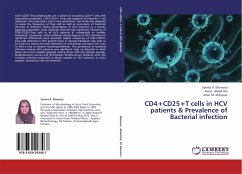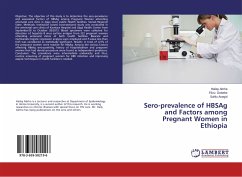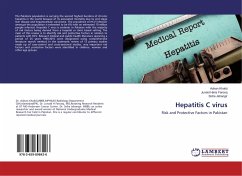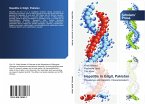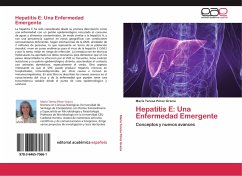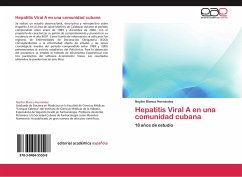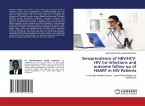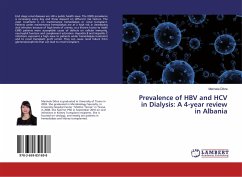CD4+CD25+Treg lymphocytes are a subset of circulating CD4+T cells with suppressive properties. CD4+CD25+ Treg cells suppress HCV-specific T cell responses. They may play a role in viral persistence. Our study was designed to assess the frequency of Treg cells as well as occurrence of bacterial infection in different clinical presentation of HCV infection in a chosen Egyptian population. Data obtained showed high significant frequency of CD4+CD25+Treg cells in all HCV patients in comparable to healthy individuals. Conversely, within different clinical degrees of HCV infection no significant differences were detected. Higher Frequency of CD4+CD25+ Treg cells detected in HCV patients than in normal individuals may help to be used as a marker for early detection of viral disease and open new area to find a way to disease recovery/protection. The prevalence of bacterial infection among HCV patients was significant high as detected in both blood and urine samples specially among those with late disease episode. Staphylococcus aureus and beta-hemolytic Streptococcus viridanse were the common infected organisms in blood samples of HCV patients. In urine samples, Escherichia coli was detected.

